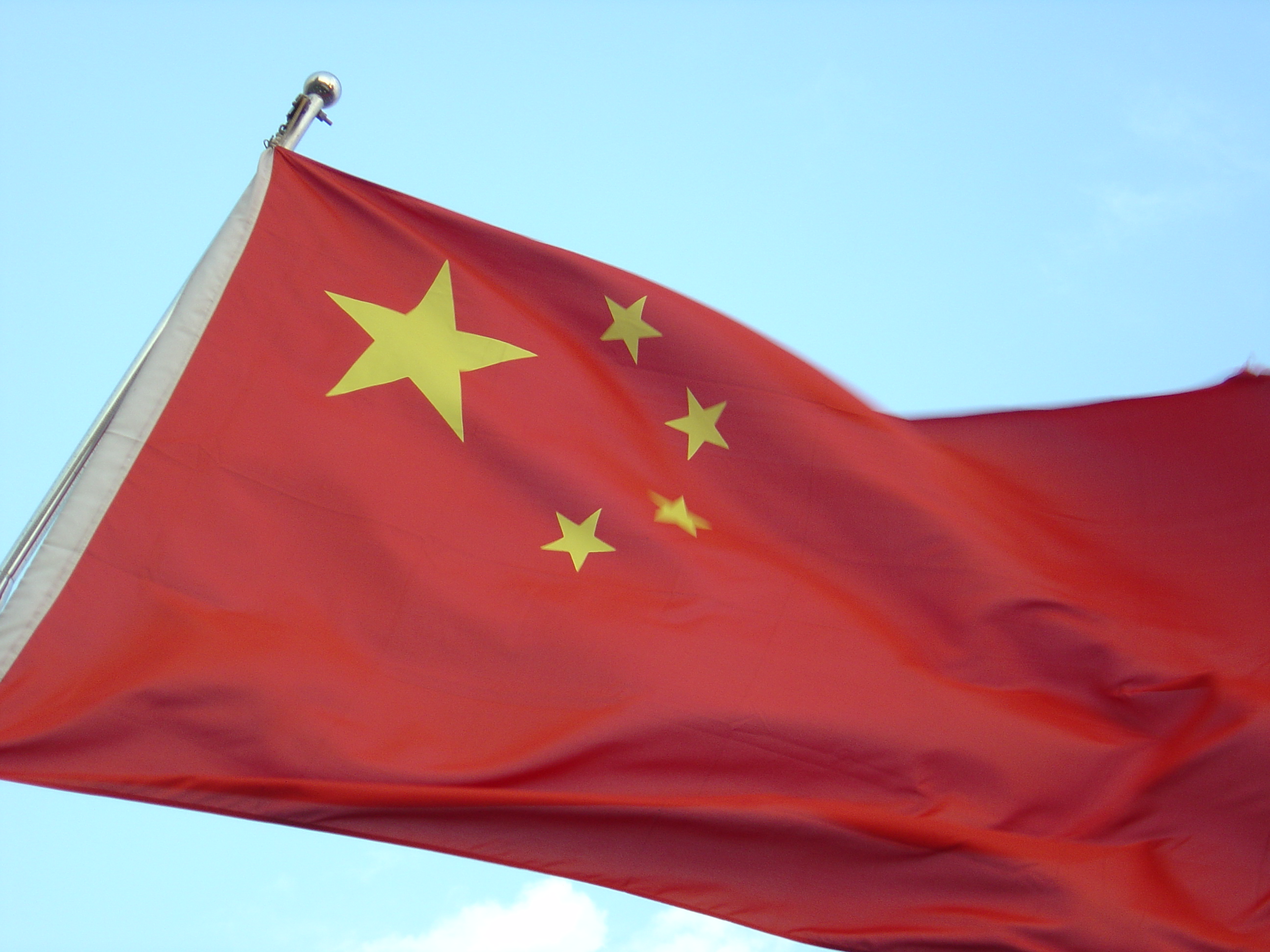Chinese tyremakers encouraging European customers to claim back truck tyre tariff payments

On 4 May 2022 the European Court of Justice ruled that anti-dumping and anti-subsidy tariffs imposed against Chinese produced truck tyres in 2018 must be annulled. We take a close look at the ruling and the immediate impact on retreaders and Chinese tyremakers alike from page four of June’s bilingual Retreading Special supplement onwards. But what about the tariffs charges that have already been paid? And what about the ongoing impact of the tariff annulment? And does any of it even apply in the UK?
At least two of the leading Chinese tyre makers affected by the original 2018 tariff ruling are encouraging their European customers to claim back the truck and bus tyre tariff payments they have already paid. Triangle Tyre is arguable the most vocal in its support of its customers on this point, but that doesn’t mean that it is the only one taking similar steps. Nevertheless, a recent Triangle customer letter offers detailed insight into the tariff clawback process. It works like this:
Starting from 4 May 2022, the European Commission (EC) as the defendant and Marangoni as the intervener both have the right to appeal within 60 days. However, since we are already half-way through that timeframe at the time of going to press, in practice there is actually less than half that time left on the appeals clock.
If the annulment judgement is upheld at appeal, the EC has two main options: 1) not take any action, in which case all anti-dumping (AD) and counter-veiling duties (CVD) duties can be fully refunded upon request; and 2) the commission can re-open the investigations in order to implement judgments and solve any problems found in the judgments.
If the commission does re-open investigations, it is likely that it will amend duty rates, according to various industry sources. But there is no telling how long an appeal will take and what the outcome will be. Since the time customers have to claim back duties is limited to three years from when the duties were paid, the clock is already ticking for those in a position to claim significant amounts back.
Therefore, the advice from tyremakers such as Triangle is: “…any requests for duty repayment [should] be filed as soon as possible… It should also be noted that any applications for repayment shall be made to “the competent customs authority of the member state where the customs debt was notified”. In other words, “the customs office that issued the bill of entry when the goods arrived in the EU and where the relevant AD and AS duties were paid.”
To say that it is a complex situation is an understatement. As well as importers, there will be an inevitable impact at the manufacturer level too. Firstly, the whole issue must be read in light of the fact that there are a range of Chinese tyre manufacturers. Some are relatively small players that make large numbers of different brands. Others have three-digit million-dollar annual turnovers and some generate annual sales north of a billion – two or three are in or on the periphery of the world top 10 in terms of sales. Within that, there is a similar range of quality. This generally follows the same lines as turnover, but not without exceptions. Smaller Chinese tyre manufacturers with weaker brand value and lower performing products are the most vulnerable right now (see “Chinese tyre industry’s struggle for survival” in this month’s Company News section, page 38 onwards for further insights on this point).
The larger and better performing Chinese tyremakers often also run tyre manufacturing capacity outside China. Often these are in other Far Eastern nations such as Thailand and Vietnam, but recent years have seen a trend towards Western Nations such as the USA and latter Europe – think Triangle in Serbia and Sentury in Spain. However, the decisions to invest in external capacity was in small part prompted by US and European anti-dumping tariffs, so what does the repeal of European tariffs mean for those international manufacturing bases?
Different things for different companies. For example, news of the annulment of the European anti-Chinese truck tyre tariffs is likely to have been a contributing factor in Triangle’s decision to scrap plans for its US factory and who knows which other projects will be affected (see International News). Linglong, on the other hand, has reiterated its ongoing support for investment in tyre production capacity in the Western world. Despite the fact that avoiding import tariffs has always been an explicit part of the Serbia’s factory’s raison d’etre, with chairman Wang Feng stating: “Investing and building factories in the [Serbia] FTA can not only effectively avoid the risk of being imposed high tariffs, but also expand the market of surrounding countries with high tariffs and improve the competitiveness of the company [Linglong].”
In short, those manufacturers that have invested in production capacity in South East Asia must now differentiate the quality and price of their brands and products in order to avoid being undercut by tyres “made in China”. It also means that questions have been raised about the rationale behind European and US factories in the absence of import tariffs.

 Autogem
Autogem

Comments